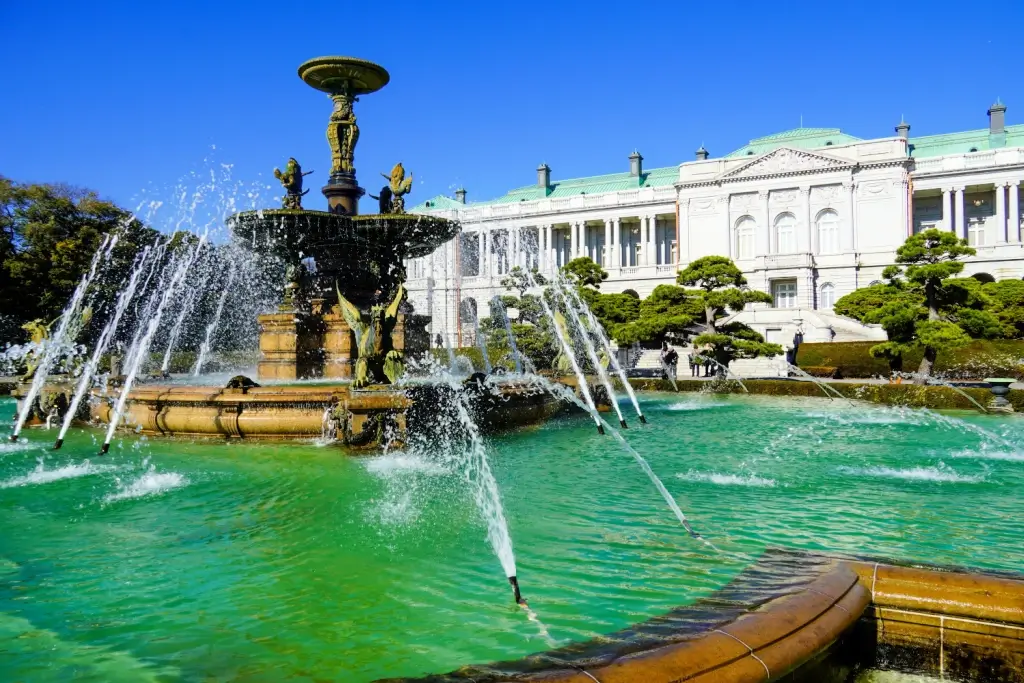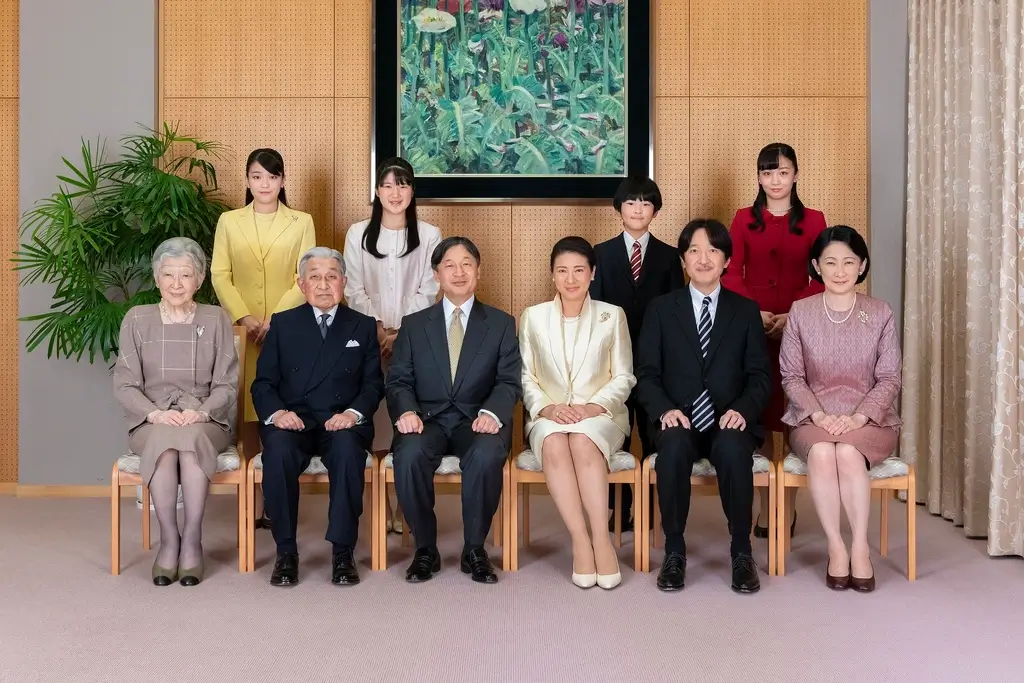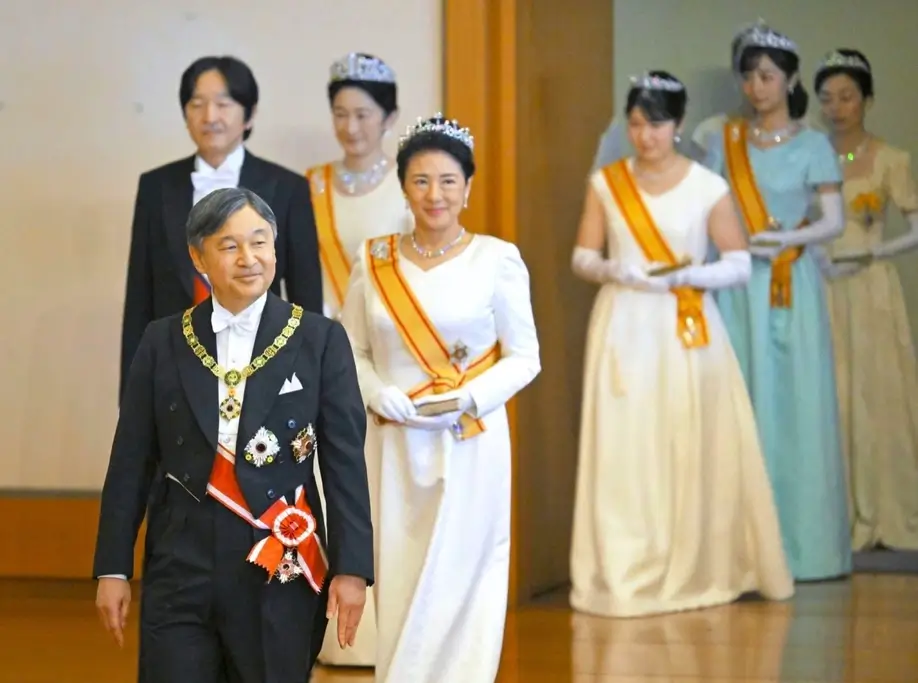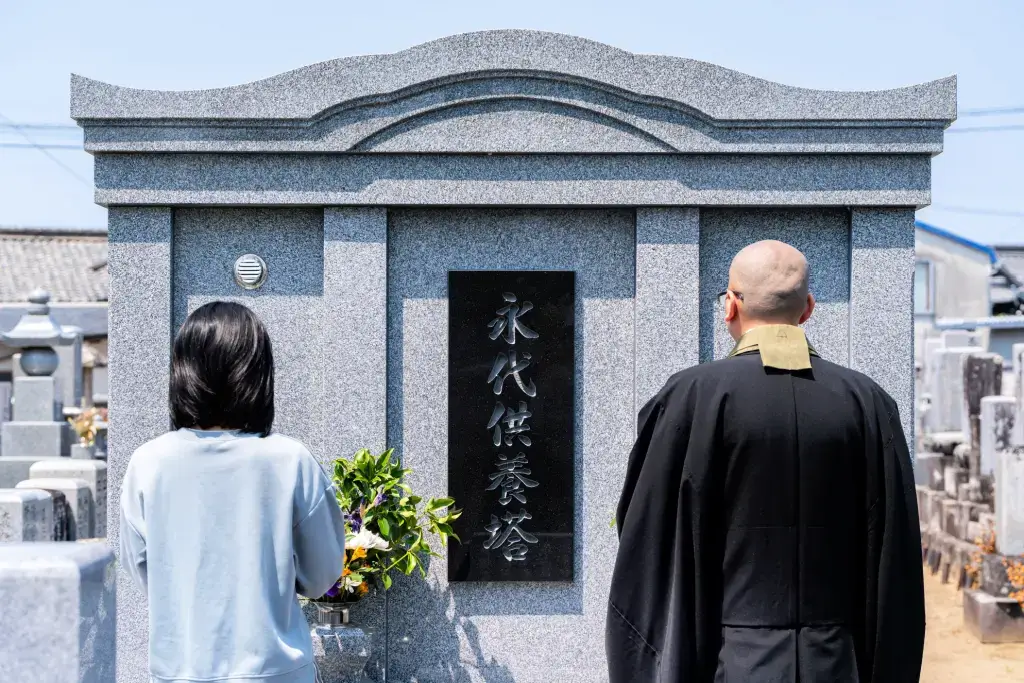Japanese Imperial Family: Should They Change the Succession Law?

Sophia Wasylinko
Posted on August 21, 2025
Share:

The Japanese imperial family has withstood many challenges and is widely respected nationally and globally. However, despite being well into the 21st century, marriage and succession laws have remained unchanged.
Tradition is a growing concern in Japan. This is because birth and marriage rates are falling, while the senior population rises. Moreover, imperial family law also plays a role. Its rules prevent women, including Princess Aiko, from inheriting the throne. Let’s take a closer look at these laws and how they affect the remaining members of the imperial family.
Who are the current Japanese imperial family members?
The current Emperor, Naruhito, has sat on the Chrysanthemum Throne since his father Akihito’s abdication in 2019. Under the rules of succession, the next person in line would be his younger brother Fumihito, formally addressed as Crown Prince Akishino; Fumihito’s son, and younger child, Hisahito; and Naruhito’s paternal uncle Masahito, officially called Prince Hitachi.

This list shows who is eligible under the current law, which we’ll expand upon shortly. If the Emperor and his family were not bound by these rules, Princess Aiko, Naruhito’s only child, would be heir. Her cousin Kako, Crown Prince Akishino’s first daughter, would also come before her younger brother Hisahito in the line of succession.
What are the current regulations?
Judging by these lists, it’s clear that the law only recognizes male heirs from the male line. This stipulation is relatively new; historically, women have ruled Japan as Josei Tennō (Empress Regnant), including Empresses Suiko and Kōken. However, the Imperial Household Law of 1947, which replaced the Imperial House Law of 1889, excluded women from ruling entirely and confined the line of succession to the Emperor’s immediate relatives.
This legislation also stipulates who can marry into Japanese royalty. Since many cadet branches have been dissolved, their descendants are no longer considered part of the family, meaning fewer eligible marriage partners exist. The rules don’t end after marriage; women will lose their royal status if they marry commoners. Meanwhile, men like Hisahito would keep their status, but their daughters would never inherit it.
Would you like to enjoy some snacks while learning about Japanese history? Check out Sakuraco! Sakuraco delivers traditional Japanese snacks, teas, and sweets from local Japanese makers directly to your door so you can enjoy the latest treats directly from Japan!

What are the problems with it?
Some people believe the current law is archaic since fewer offspring have been born into the royal family within the last 75 years. The people old enough to rule, besides Crown Prince Akishino, are ineligible because of their gender, including the Emperor’s only daughter. Hisahito was the first male born into the household in decades; as of 2025, he is under the age of majority.
Another related concern is that the current landscape surrounding marriage and children is changing. Young people are choosing to stay single or marry later in life and have smaller families without caring about gender. Even if commoners were allowed to marry into royalty, it’s unlikely many would choose to take that step due to the media scrutiny and general stressors surrounding them.
What are some possible changes?
The most apparent change to the current law would be to allow women from both lines to rule Japan. This would make Princesses Aiko and Kako eligible candidates and grant this status to current living royalty, such as Emperor Naruhito’s second cousins, Princesses Akiko and Tsuguko. Any daughters born in the future would automatically be considered.
However, there is another option that would keep patrilineal succession alive. Some politicians have suggested returning the royal status to male relatives who have grown up as commoners (in other words, from the aristocratic branches abolished in 1947). They would then be given in marriage to female members of the imperial line, allowing the women to remain royals.

What do people think of the current law?
According to a May 2025 national survey, 70% of participants believed women should be allowed to inherit the throne. This result is due to less stringent societal norms and Princess Aiko’s popularity with the general public. One of Japan’s pro-government papers, the Yomiuri Shimbun, has even expressed support for an empress.
However, the chances of any legal changes are slim. The most recent talks in June 2025 broke down because the ruling party, the Liberal Democrat Party, favors male succession (including bringing back male descendants) instead of opening it up to women. Japan also cut funding for the UN women’s rights panel in January 2025 after the organization spoke out about the policy.
Should the Japanese imperial family law be changed?
I find it unusual that the law hasn’t been updated for modern times, given the issues it is causing. The law should be more lenient. Women who marry commoners should still stay in the royal family, and their children should also have royal status, regardless of gender. Bringing back old family branches might help for now. However, keeping only male succession will cause problems since people in Japan today prefer more equal and modern ideas.

Since the beginning, males have almost exclusively succeeded the Japanese imperial family. However, with the current Emperor only having one daughter, there have been calls to change the law. Public opinion has shifted towards allowing imperial members like Princess Aiko to rule. However, the current government wants male succession to remain in place. It’s a thorny issue unlikely to change, even as the eligible candidates age. Do you think Japan should change its succession policy? Share your opinions in the comments.
Cited Sources
- The Mainichi Shimbun. “66% in Japan interested in Imperial Family, 70% approve female succession: Mainichi poll“.
- The Straits Times. “Pro-government newspaper in Japan shocks with ‘radical’ support for female emperor“.
- AP News. “Japan to halt funding for a UN women’s rights panel over call to end male-only imperial succession”.

Discover authentic flavors with Sakuraco
Get Sakuraco 

Discover authentic flavors with Sakuraco
Get Sakuraco 
Related Articles

Japanese and Arabic Calligraphy: What is the Connection?
Japan’s artistic traditions draw from its deep cultural roots. Calligraphy is one of its most popular forms; it is taught in schools both as a subject and as an art, and is used every day. At higher levels of study, it requires balance, flow, and inner discipline.

Japanese Cemetery: Why Are Families Visiting Less?
A walk through a Japanese cemetery often shows strong ties to family, memory, and tradition. For generations, visiting family graves has been an important custom in Japan. However, fewer people can continue this practice due to busy lives, long distances, and changing family structures.

Tamagoyaki: What’s the Secret Behind This Amazing Omelet?
Tamagoyaki is a Japanese rolled omelet commonly found in homes, bento boxes, and restaurants. Although it uses simple ingredients, the preparation method and seasoning choices can create noticeable differences in flavor and texture.

Hokkaido Restaurant Spotlight: Would You Try Bear Meat?
Japan is one of the countries that allows bears to be captured under a strict registered hunting system to prevent them from entering residential areas when natural food becomes scarce


